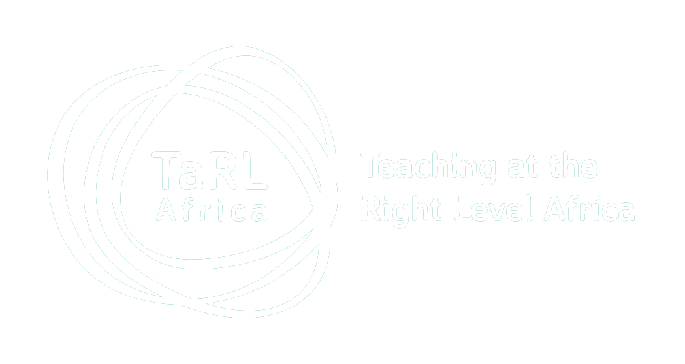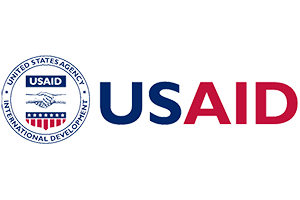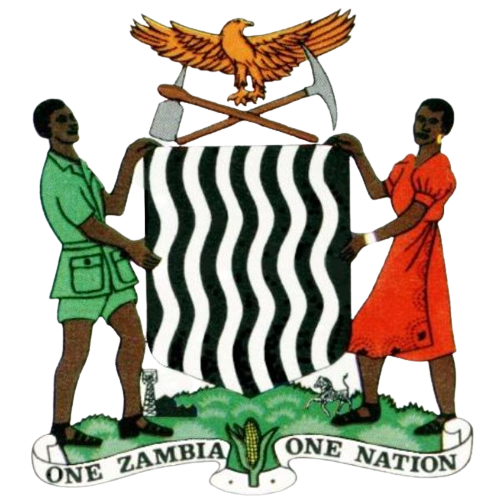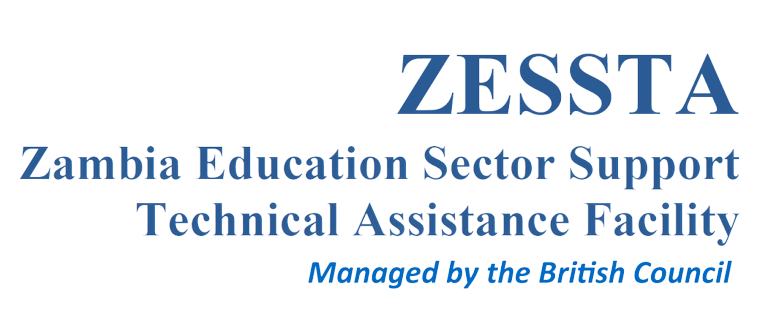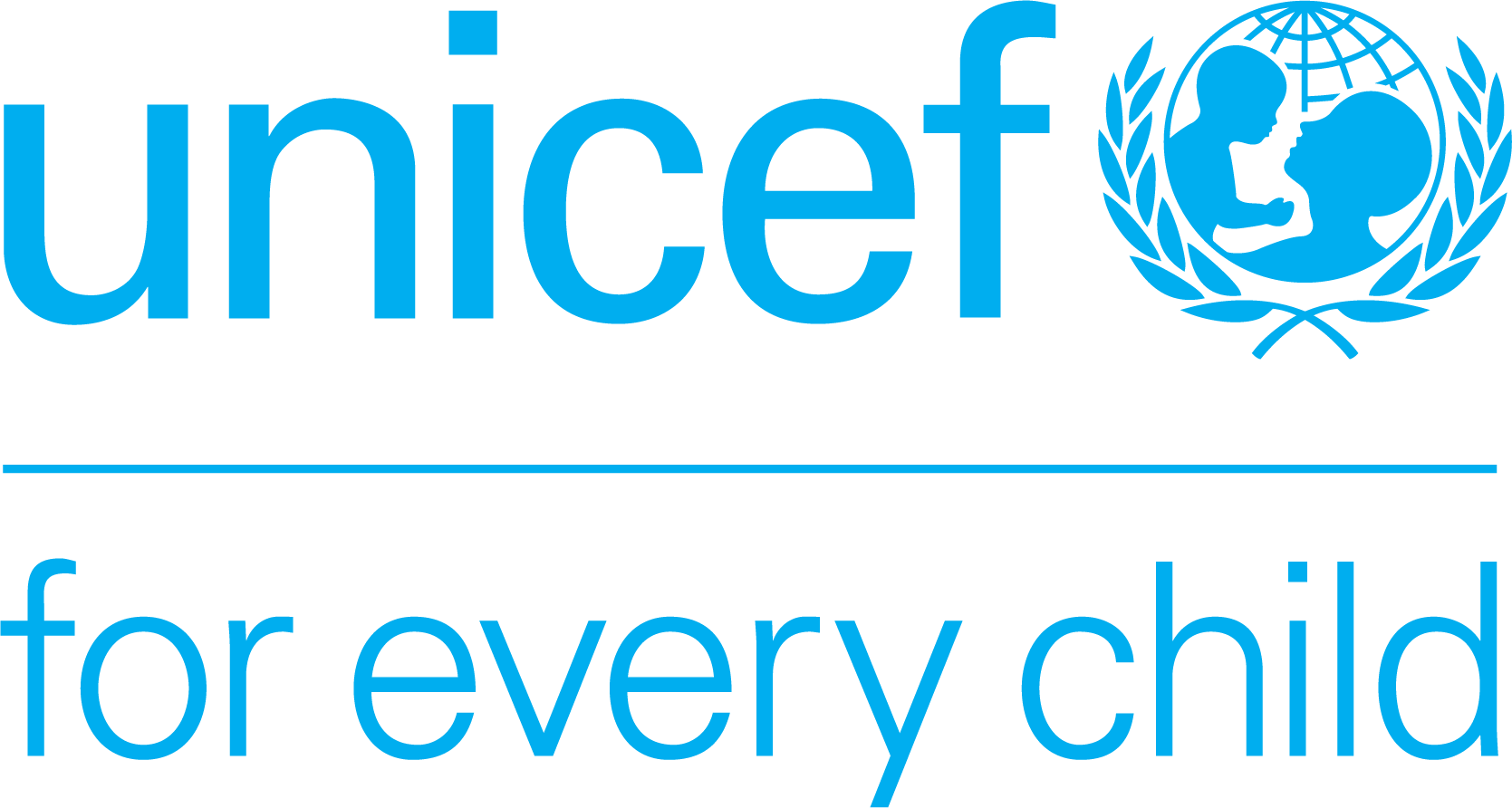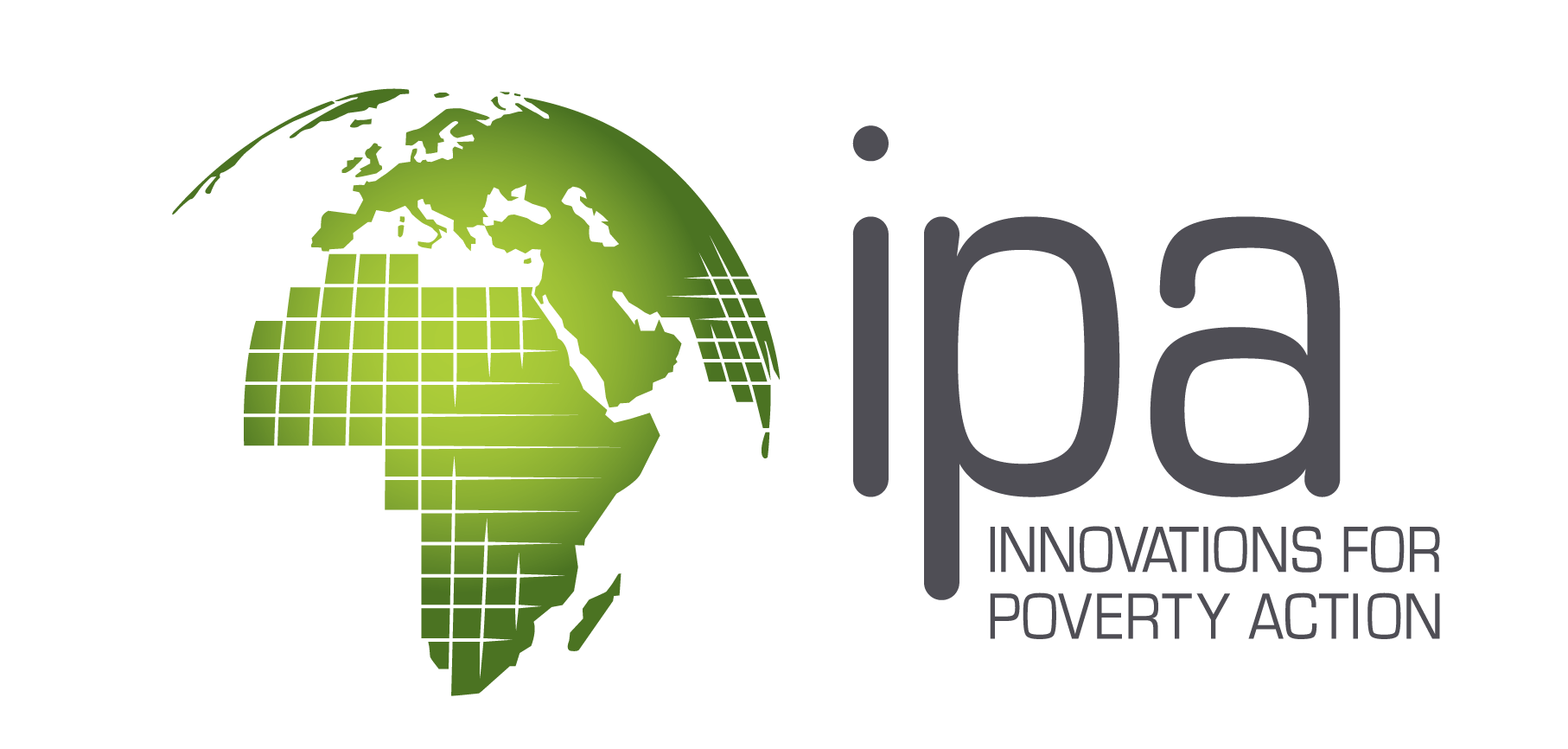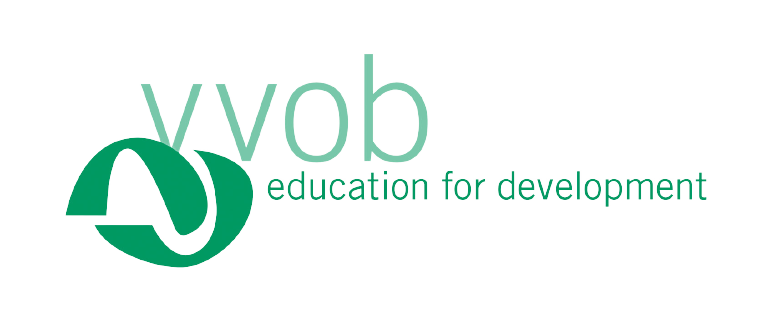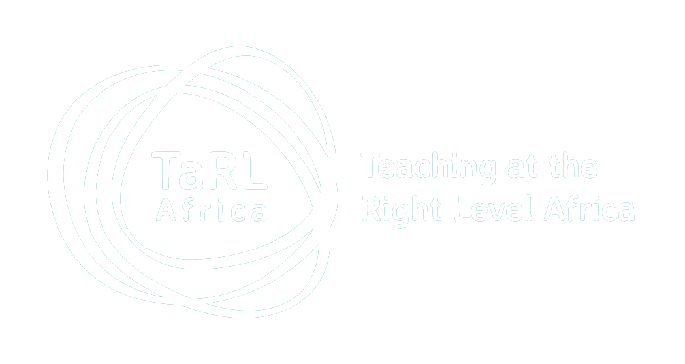ZAMBIA
This case study shares TaRL Africa’s experience of working with the Ministry of Education in Zambia to build the Catch Up programme, where global evidence, local adaptation, and iterative testing were used to improve learning outcomes.
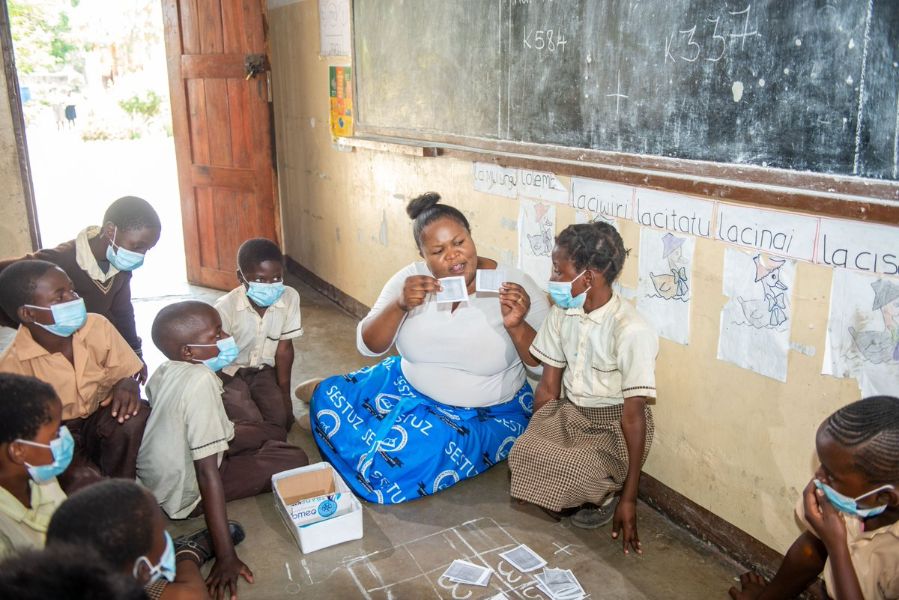
Background
Zambia was ranked last in the 2011 Southern and East Africa Consortium for Monitoring Education Quality (SACMEQ), and falls well below the SACMEQ average in both numeracy and literacy. A 2014 national assessment found that 65% of Zambian Grade 2 learners were unable to read a single word in their local language.
Faced with these low levels of learning, the Ministry built an intervention based on an idea proven to be effective by several randomised evaluations. Instead of copying an approach from abroad, the Ministry worked to understand the reasons why an approach worked elsewhere, then mapped these reasons to its own context and made decisions about how to scale based on its unique opportunities and constraints. The partners and the Ministry built in systems of monitoring, data analysis and continual review meetings to ensure the programme improved over time.
In November 2017, the Ministry of National Education of Côte d’Ivoire partnered with J-PAL Europe, Pratham, and Transforming Education in Cocoa Communities (TRECC), to adapt and pilot le Programme d’Enseignement Ciblé (PEC), the first TaRL programme ever launched in French. Teachers facilitate engaging TaRL activities in French and mathematics, for one and a half hours every day, for children from grades 3 to 6 years in formal public schools and community schools. Government mentors receive training to provide continuous support to teachers.
In 2015 Zambia was facing a learning crisis. It had been ranked last in measures of literacy and numeracy by the 2011 Southern and Eastern Africa Consortium for Monitoring Education Quality (SACMEQ), and a 2014 national assessment found that 65% of Zambian Grade 2 learners were unable to read a single word in their local language. There was no shortage of education development aid in Zambia, but the various initiatives were not necessarily aligned and were not addressing the problem of low basic learning levels at scale. In response, the Zambian Ministry of General Education (MoGE – now called Ministry of Education – MoE) decided to revise the primary school curriculum. This process, however, faced several challenges. The MoGE was looking for ways to address the foundational skills gap.
MoGE’s office of standards and curriculum was particularly keen to adapt the Teaching at the Right Level (TaRL) approach, championing the idea within the Ministry and also with a number of development agencies. J-PAL Africa supported this process by targeting key development actors, such as UNICEF, DFID and USAID, sharing evidence on TaRL and discussing how it could be helpfully applied in the Zambian context. Critically, the J-PAL Africa team, part of which would go on to form the TaRL Africa team with Pratham, believed that the entire process needed to be owned and managed by the key system actor, in this case MoGE, with J-PAL and Pratham providing insights and technical assistance, not driving the decision-making. With MoGE firmly in charge, an important first move was for the Ministry to organize a working group of main education partners, including UNICEF, DfID, now the Foreign Commonwealth Development Office (FCDO), the British Council, and Innovations for Poverty Action Zambia. This group, under MoGE leadership, hatched the plans for a pilot of what the Ministry branded the Catch Up program. The funds for the 80-school pilot were also sourced by the Ministry from the Global Partnership for Education with additional support from UNICEF and J-PAL’s Government Partnership Initiative (GPI). The Ministry also partnered with VVOB – education for development for additional implementation support during the pilot.
The pilot was implemented in 80 schools in 2016-2017 and proved significant in a number of ways. First, it confirmed that the majority of Grade 3 to 5 learners in Zambia were lacking basic reading and mathematics skills, with more than half of children in Grades 3 to 5 in Catch Up pilot schools at baseline unable to read words. The process evaluation results found that the program was well implemented, which is essential in establishing its feasibility. Government monitoring largely occurred as planned, teachers stuck to the key principles of TaRL, and they continued to implement the program over time. Critically, learning outcomes improved markedly during the one-year pilot period. According to the government data, the share of children who could not even read a letter fell by 25 percentage points from 33% to 8% during the pilot period, and the share of children reading with basic proficiency (a simple paragraph or a story) grew by 18 percentage points from 34% to 52%. In arithmetic, the share of students in the beginner group (who could not even complete two-digit addition sums) fell by 16 percentage points from 44% to 28% and the share of students with basic proficiency (able to complete two-digit subtraction) rose by 18 percentage points from 32% to 50%.
The Ministry decided to expand the program after the pilot, based not only on positive results but also ease of implementation, since the pilot had been executed with and through the government’s own systems. Other development partners were also enthused by the outcomes of the carefully implemented learning-centered pilot and the Catch Up Program was awarded a grant by USAID Zambia to expand the program to reach 1800 schools (two provinces) over three years (2018-2020).
In 2020, the Ministry of General Education issued a letter on its plan to roll out Catch Up to the remaining eight Provinces. Following this, funding was secured for 8 of the 10 provinces from the LEGO Foundation, UNICEF, the Hempel Foundation, Co Impact, and the Belgian government (DGD). Emergency funding by the Global Partnership for Education (GPE) during 2020 and 2021, which supported a COVID emergency response program to address the learning loss from COVID school closures, also supported expansion.
- November 2015
- February 2016
- March 2016
- July 2016
- November 2016
- April 2017
- July 2017
- September 2017
- November 2017
- March 2018
Ministry creates Catch Up working group
Full-time IPA/J-PAL staff hired in country
India learning journey for Ministry officials
Pratham and J-PAL Africa lead training for 4 pilot districts
80-school pilot launched
USAID commit funding for scale
Pilot concludes
Pilot review meeting and decision to scale up to 1,800 schools
Training for 12 districts
Training for teachers in 470 schools
Background
To combat the learning crisis in Uganda, Building Tomorrow launched in 2018 a signature foundational literacy and numeracy program called Roots to Rise (R2R). R2R adapts the proven Teaching at the Right Level (TaRL) pedagogy to the Ugandan context, leveraging community and school support to deliver learning-level-specific lessons to children in transitional classes.
Building Tomorrow works with 20 district governments and 5 primary teacher training colleges to support the implementation and scaling of Roots to Rise (R2R).
Implementation Model
R2R is delivered by Building Tomorrow Fellows and Community Education Volunteers (CEVs). The fellows are recent Ugandan university graduates employed to support education in underserved communities and the CEV’s these are community members passionate about education. R2R is designed to test for literacy and numeracy skills using standard assessments, group students by ability rather than age or grade, and provide 40 contact hours of interactive learning activities targeted to children’s learning needs, in contrast to the “chalk and talk” style common in Ugandan classrooms.
Within schools, R2R is a remedial program led by trained teachers with support from Fellows and CEVs. It is an integral part of the school program that is planned and supported by Building Tomorrow’s respective local government partners. Community-based learning camps foster continued learning through school breaks. These camps take place in select host homes and community learning centres, led by CEVs with support from Fellows and teachers. CEVs are recruited by school leadership and jointly supervised by district local council leadership.
R2R Ewaka is a distance learning tool that leverages interactive voice response (IVR) technology to deliver automated numeracy lessons to children via basic 2G phones. The tool features constant comprehension checks and associated logical flows to support students in mastering the basic arithmetic functions of addition, subtraction, multiplication, and division.
The R2R Community and Ewaka models were developed as flexible adaptations during the peak of the COVID-19 pandemic and have been continued due to their emphasis on community and inclusion, as well as their potential for cost-effective scaling.
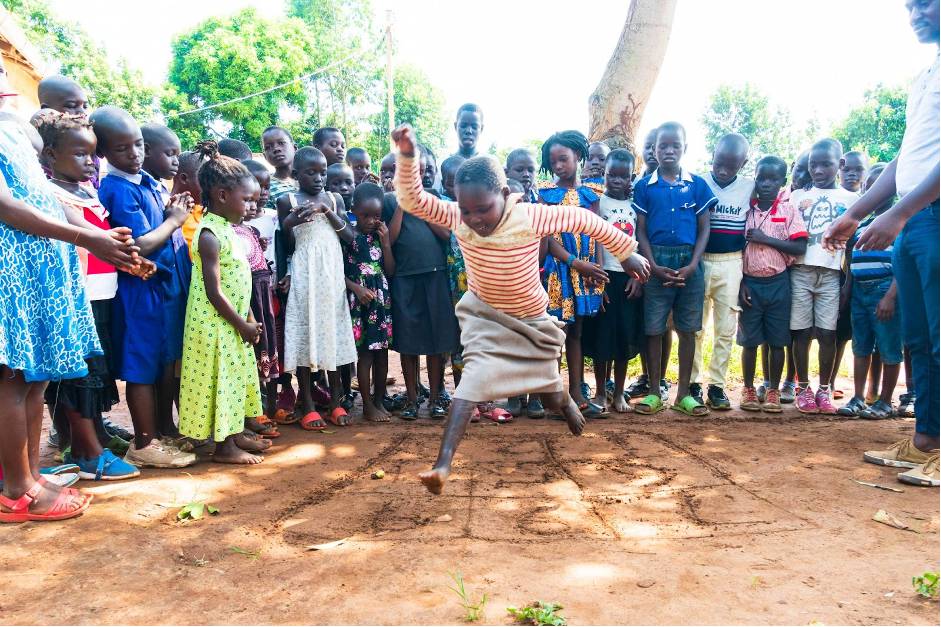
Reach and Results
By the end of 2022, R2R will have reached upwards of 125,000 children with support from several thousand CEVs and 600 teachers. This reach spans 600 public primary school communities in 20 partner districts, with lessons delivered in five languages. Since 2015, Building Tomorrow has already reached over 100,000 learners with R2R literacy and numeracy lessons and helped re-enroll over 75,000 out-of-school children in school. Of learners completing R2R camps in 2022, 75% could read a paragraph, compared to only 6% of P4 students nationally (World Bank, 2019).
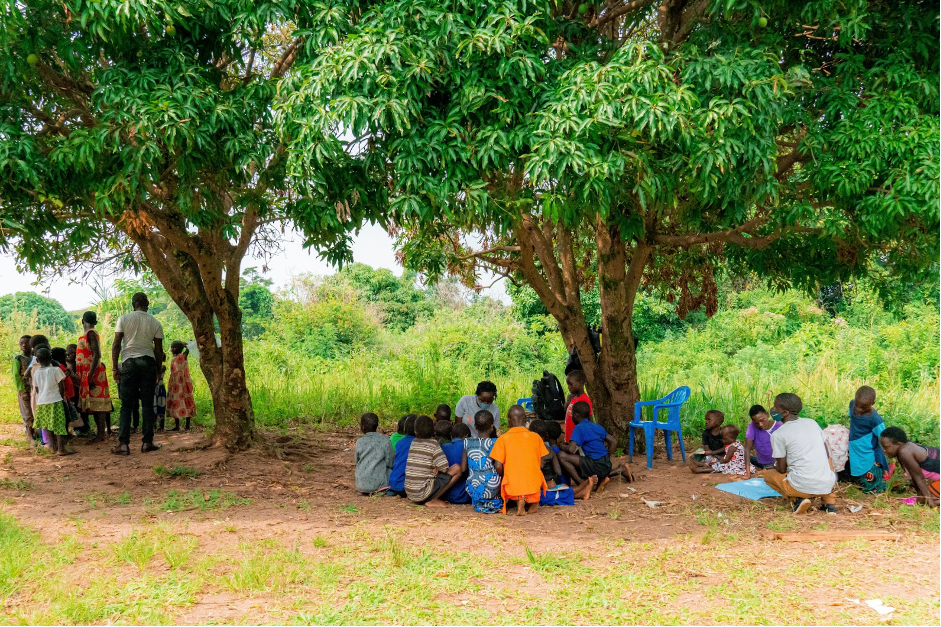
1. Southern and Eastern Africa Consortium for Monitoring Educational Quality (SACMEQ).“What are the levels and trends in grade repetition?” SACMEQ Policy Issue Series available from www.sacmeq.org, 2010.
2. USAID, UKAID, and the Zambian Government, “Proposing Benchmarks and Targets for Early Grade Reading and Mathematics in Zambia.”
